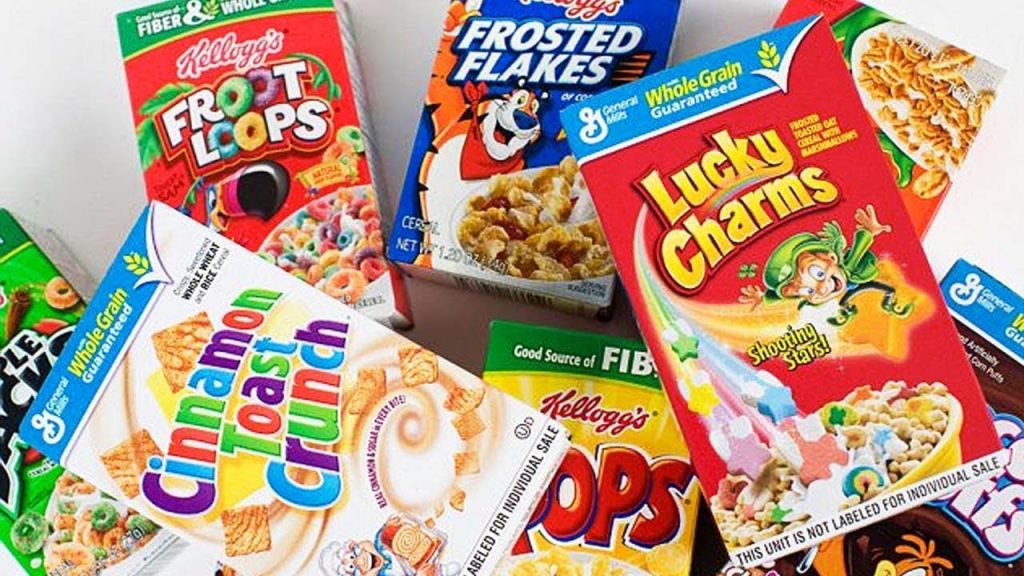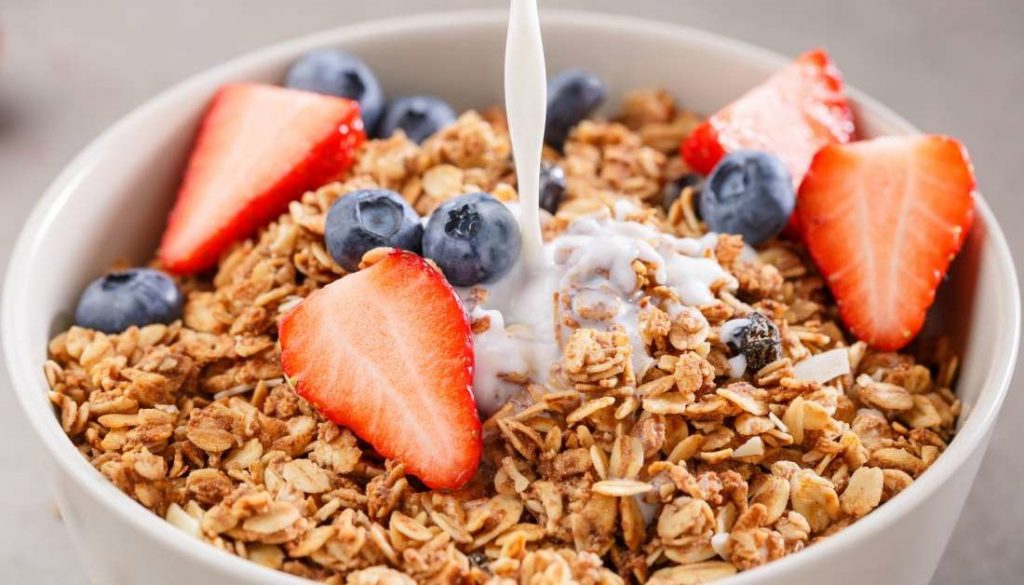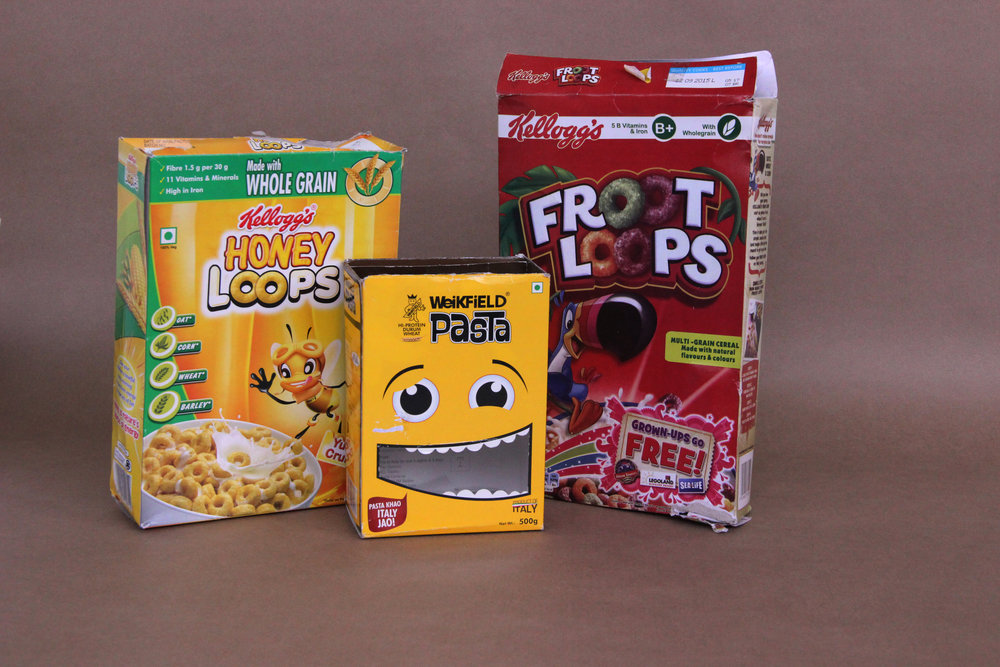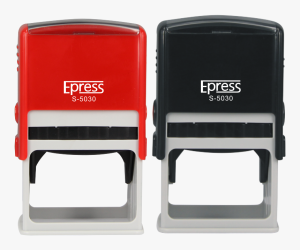The not so cheery side of a Cheerful Breakfast
4 min read
Breakfast for people who are too lazy to make anything. All you need is cereal, milk, and a bowl (and a spoon probably, you’re not an animal for God’s sake). It’s fascinating how ubiquitous cereals are in our lives. Ever since I was a child, I’ve been a big fan of cereals, and love to try new flavors. This experimentation with my breakfast has often caused me a lot of trouble (well to my stomach precisely) but I never gave up on my quest to find new, better, and improved cereals. This innocent research for finding better and healthier cereals revealed the not so healthy (in fact pretty dark) side of cereal industry to me.
Types of cereal:
It’s crazy how we classify all breakfast cereals as a unit, yet they’re all extremely different from each other.
There are at least 500 types and brands of cereals mentioned on Wikipedia, mind-boggling, isn’t it?

Some most popular cereals types are:
- Corn flakes,
- cheerios,
- multi-grain,
- rice,
- wheat,
- whole-grain,
- oatmeal,
- cookies and crisp
Mind you these are classified only based on texture and composition. Actual flavors of cereals worldwide are countless (well maybe you can count them but it will take a long time). There are multiple brands available for one type of cereal, for example, rice crisps are made by multiple companies under different names but the basic composition is almost the same.
Universal Breakfast Everywhere:
Cereal is a universal breakfast everywhere. All age groups and people of all religions and ethnicities love it. Despite being such a universal food, every country has its own flavors of cereals, for example, some cereals are nauseatingly sweeter with huge amounts of sugar into it, then there are some monstrosities like Weetabix and some perfect cereals like Reese’s puffs.
Cereal with Vitamins:

Cereals with vitamins and other healthy nutrients are selling like hotcakes these days. Companies like Kellogg’s are marketing new and innovative cereal brands such as special K that claims to help with weight loss by fulfilling the daily fiber and vitamin intake of the human body. I decided to try this cereal myself to check the credibility of these claims. Well, to my dismay, the cereal had 18g of sugar per 100g. This does not come under the radar of healthy by any means.
Precautionary principle approach:
This discovery led me to research cereals from countries other than the US; UK and some European countries. The results were astonishing as some cereal brands make healthier products overseas than the US.
Cereals in the UK have 30% more sugar than cereals in the US but are overall healthier. Brands like Kellogg’s and Post cereal make healthier products in the UK and Europe.
The next step in my research was finding the reason for this. Upon some digging, I found out that It’s because Europe takes a “precautionary principle” approach towards potentially risky food additives. They ban or add warning labels to these additives for their citizens. In the US although FDA has some guidelines and rules regarding food additives in cereals, many brands market their products as healthy even though they contain many potentially risky ingredients.
FDA should implement the law to clearly mention about these additives on the cereal boxes.
Three-stages of precautionary approach:
Europe’s precautionary approach has three stages. Balanced weighing of:
- environmental Health
- Technical, scientific and
- Socioeconomic aspects
Of food safety.
This approach often is misused and sometimes may lead to disputes between developing countries and the European Union. Plus the United States in particular has always adopted a skeptical stance towards the precautionary principle. This strategy is extremely beneficial when applied properly.
Cereal packaging:
That was some pretty dark discussion about such a cheerful breakfast item. It’s not just cereals, we Americans, eat many other severely unhealthy food items. Our fast food is much worse than the rest of the world, our serving size is made for giants and our eating habits are worse than Humpty Dumpty. You can’t get the best of both worlds, sometimes the yummiest food items are the unhealthiest.

There is nothing wrong with indulging in an unhealthy but tasty breakfast sometimes. The only thing important is the companies should mention clearly all the food additives and ingredients so consumers will know about potential health risks of the cereal they’re eating.
Unethical Marketing practices:
Another very unethical practice by the cereal industry is targeting younger market i.e. children. They market their unhealthy, full of sugar cereals as whole grain, full of fiber and vitamins. If you have kids, you know the trip to the grocery store with them can be mayhem. They keep on adding things to the cart (that we have to ask to take out on the counter). But when it comes to cereals, if your kid adds a box to the cart that says full of nutrients, fiber, and vitamins, there’s a good chance you will end up buying it. That is why it is extremely important to mention about any potential risk carrying ingredients on the box.
Companies sometimes add puzzles and toys inside the custom cereal boxes, that are extremely attractive for kids and parents have to give in to their kids’ tantrums.
Conclusion:
Cereals are prevailing in the world, there is no way we can avoid this product. The only way is to make clear policies that will hold companies accountable if they fail to mention clear compositions of their products. FDA needs to make and implement strict regulations regarding the packaging of custom cereal boxes.






